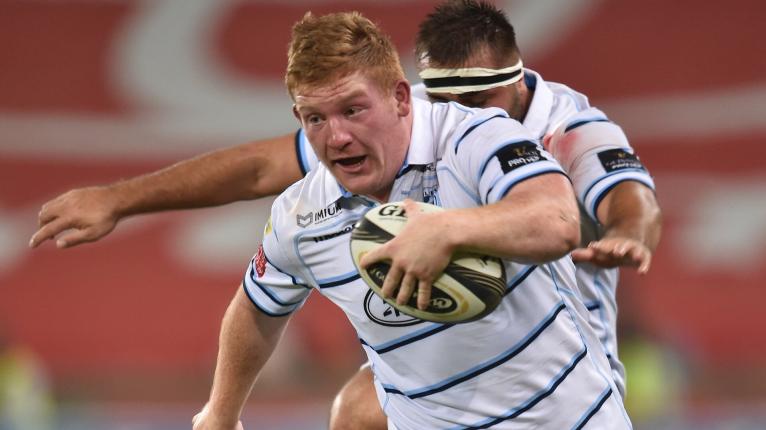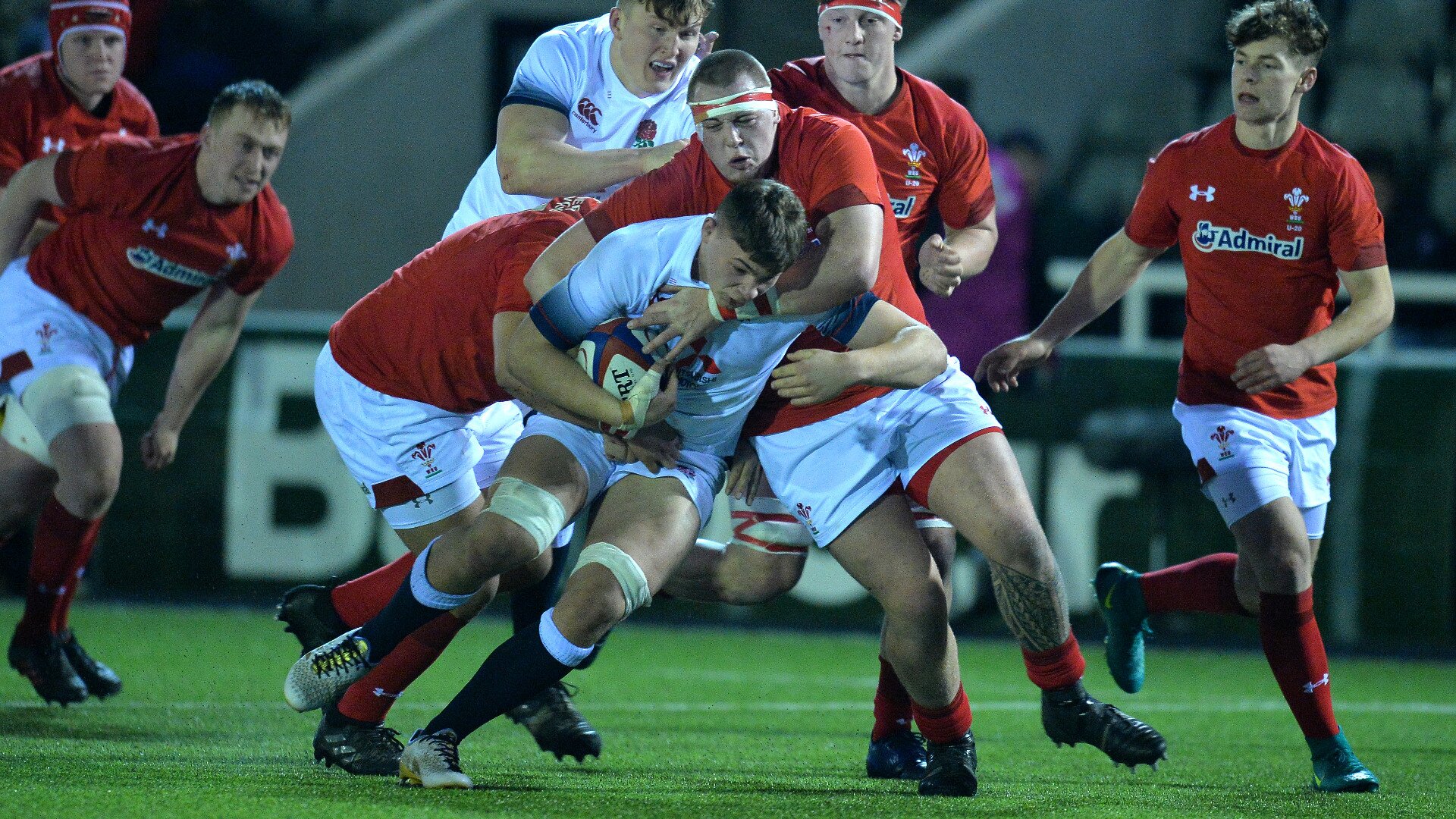According to the BBC, Saracens have agreed to sign Wales under-20 prop Sam Wainwright from Rygbi Gogledd Cymru ahead of next season.
The 21-year-old will join the Champions Cup winners from the Welsh Premiership side having not played a game of regional rugby. Nonetheless, the tighthead prop was in demand, with London Irish also interested in signing him.
He will arrive with Cardiff Blues and fellow Wales under-20 prop Rhys Carre, as well as British and Irish Lions back Elliot Daly, and some other names from the Premiership.
Despite the Welsh Rugby Union implementing the policy that players with under 60 caps for Wales cannot be selected for their country if they are playing abroad, the likes of Carre and Wainwright are exempt from this. This is because players that are uncapped when signing a contract are still entitled to represent Wales until their contract expires.
This system has seen players like Josh Adams play for Wales, despite playing for Worcester. However, he has had to move to the Cardiff Blues, who he joins next season, to continue his international career. Likewise, Exeter found a way around this system earlier this season with Thomas Francis, by simply enacting a clause in his current contract rather than giving him a new one, allowing him to play for both Exeter and Wales.
Saracens have clearly used this system to their advantage this season, by recruiting two very promising players, while the WRU can do little to entice them to remain in Wales. The loosehead Carre has already been selected for Wales World Cup training squad at the age of 21 (after signing for Saracens), and Wainwright has been tipped to have a bright future.
With a number of test players in their ranks, Saracens’ squad becomes decimated during the internationals. Amongst the props alone, there is England’s Mako Vunipola, South Africa’s Vincent Koch and the USA’s Titi Lamositele. Until both Carre and Wainwright become internationals, they can be cover for some of Saracens’ stars during these periods, whilst also allowing greater squad rotation.
For a team that have come under close scrutiny this season regarding the salary cap and their methods in working around it, signing younger players will not be too great a financial incursion on Sarries. Under the WRU’s new pay band structure, both Carre and Wainwright will currently be in the lower bracket, as neither are test players.

This means that Saracens will probably be able to beat their current deals and not create any attention regarding the salary cap.
This is not simply beneficial for Saracens, however, as the Welsh regions will bear the fruits from this as well. At the end of both players’ deals, assuming they are international players by then, they will return to regional rugby with the experience of playing for Europe’s best team currently. Providing Saracens do not have any clauses in the players’ contracts similar to Francis’ at Exeter, they will be a major boost to Wales and whichever region they join in a couple of years’ time.

The Welsh regions are facing criticism currently for their performances, shown by only the Ospreys making the Champions Cup next season, and no team making the Pro14 playoffs. Wales will always continue to produce great players with raw talent, but the standard of the regions suggests that they could be nurtured better elsewhere.
Saracens, on the other hand, are one of the best at unearthing talent and developing players. The fact that 11 of their matchday squad in the Champions Cup final were products of their academy is a testament to how younger players thrive under their system.
Of course, losing Carre now will not help the Blues, but in the long run, he and Wainwright may return to Wales better players than they could have been if they had not moved to London. This is the only time in their careers that they can do this, and everyone should benefit in some way.
This may not be news that is popular west of the River Severn, but the players will be in one of the best environments currently in domestic rugby, which will only help the Welsh regions in the long run and Saracens for the next few seasons.


























































